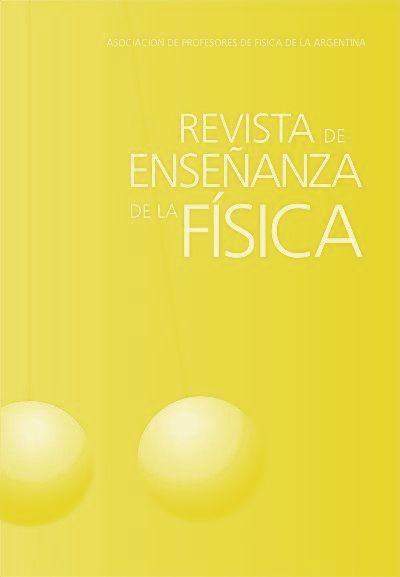Metallurgy experiences through a flexible remote laboratory with programmable devices
Keywords:
Teaching of metallurgy; simulators; remote labs; Toulmin argumentation modelAbstract
The objective of this work is to evaluate the potential of the remote laboratory based on the use of an electric arc furnace simu-lator as a learning resource at a time when, due to the prevailing circumstances, it is impossible to visit companies in the metal-lurgical sector. Advanced chemical engineering students have regularly used the remote laboratory and simulators and have evaluated it through surveys in order to investigate whether it is possible to carry out real experiences in faculties that do not have the necessary equipment. Simultaneously, the reports presented by the students were analyzed to evaluate the learning achieved using the Toulmin Argumentative Model. This document first presents the description of the electric arc furnace simu-lator, the analysis of the opinions of the students and the arguments identified in the responses to the situations raised. The results obtained allow us to affirm that the use of remote laboratories and simulators is useful as it allows students to actively participate in the construction of their own learning, and draw conclusions based on real data.
Downloads
Published
Issue
Section
License

This work is licensed under a Creative Commons Attribution-NonCommercial-NoDerivatives 4.0 International License.
Aquellos autores/as que tengan publicaciones con esta revista, aceptan los términos siguientes:Los autores/as conservarán sus derechos de copiar y redistribuir el material, bajo los términos estipulados en la Licencia de reconocimiento, no comercial, sin obras derivadas de Creative Commons que permite a terceros compartir la obra bajo las siguientes condiciones:
- Reconocimiento — Debe reconocer adecuadamente la autoría, proporcionar un enlace a la licencia e indicar si se han realizado cambios. Puede hacerlo de cualquier manera razonable, pero no de una manera que sugiera que tiene el apoyo del licenciador o lo recibe por el uso que hace.
- NoComercial — No puede utilizar el material para una finalidad comercial.
- SinObraDerivada — Si remezcla, transforma o crea a partir del material, no puede difundir el material modificado.
- Los autores/as podrán adoptar otros acuerdos de licencia no exclusiva de distribución de la versión de la obra publicada (p. ej.: depositarla en un archivo telemático institucional o publicarla en un volumen monográfico) siempre que se indique la publicación inicial en esta revista.
- Se permite y recomienda a los autores/as difundir su obra a través de Internet (p. ej.: en archivos telemáticos institucionales o en su página web) antes y durante el proceso de envío, lo cual puede producir intercambios interesantes y aumentar las citas de la obra publicada. (Véase El efecto del acceso abierto).










